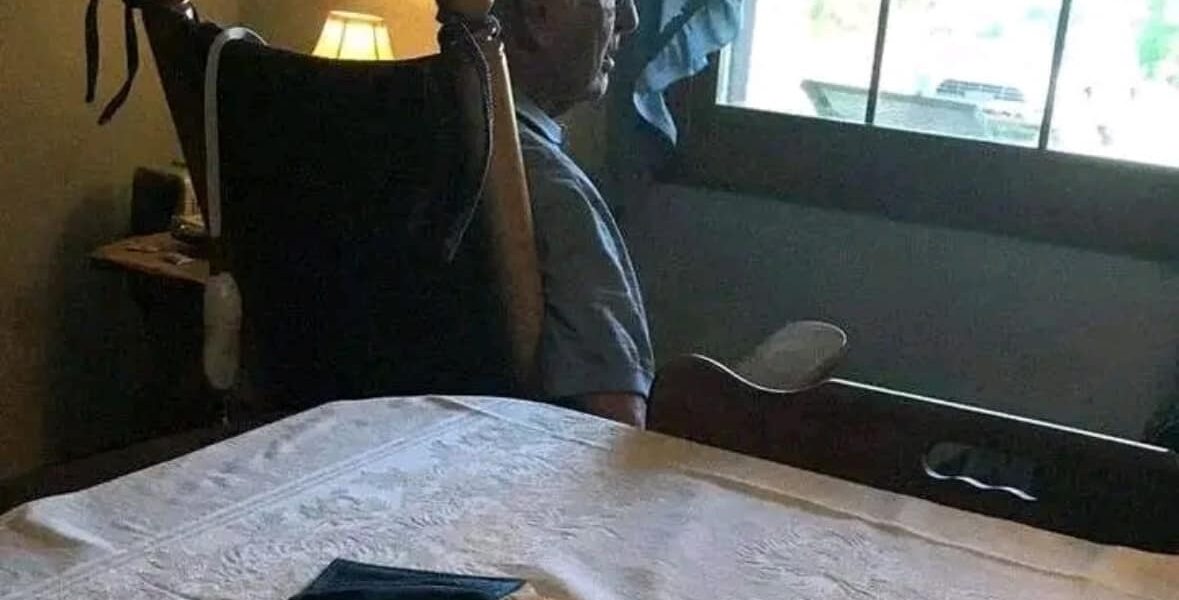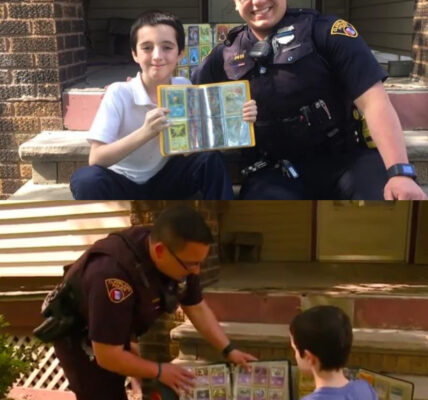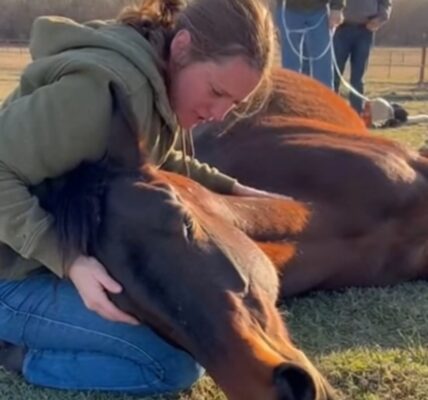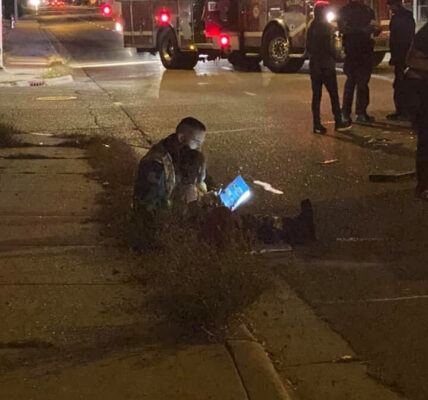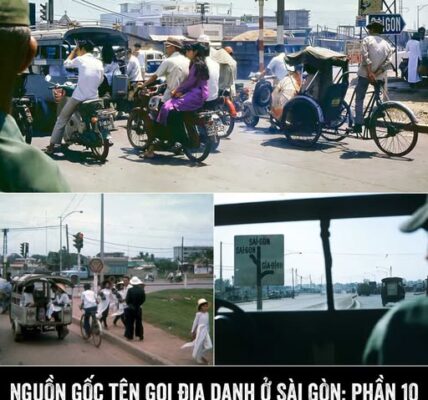
It was a quiet afternoon in Grant County, Kentucky. The kind of day where nothing remarkable usually happens. Inside his home, an elderly man sat in his favorite spot—by the window that overlooked his front yard and mailbox. From there, he could watch the world go by, sip his coffee, and take in the gentle calm of rural life.
But on this particular day, his peaceful view was interrupted by something curious. A white vehicle pulled up slowly to the edge of his driveway. The car idled by the mailbox for just a moment before pulling away, disappearing down the road as quickly and quietly as it had arrived.
The man frowned. He hadn’t been expecting visitors. And strangers usually didn’t stop by his home for no reason. His curiosity got the better of him, and he stepped outside to investigate.
That’s when he saw it.
There, resting neatly against his mailbox, was a wallet. His wallet.
At first, he could hardly believe his eyes. He bent down and picked it up, running his hand across the familiar worn leather. Could it really be? This was the very same wallet he had lost more than a month earlier in a Boone County parking lot. He had given up on ever finding it again.
Opening it carefully, he braced himself for disappointment. Surely if someone had found it, the cash and cards would be long gone. But to his amazement, everything was still inside. His ID, his credit cards, his gift cards—and even the $140 in cash that he had carried the day it went missing. Not a single bill was missing. Not one card was touched.
He stood there in stunned silence, staring down at what he thought was lost forever. Then another realization hit him: whoever had returned this wallet hadn’t just dropped it in a mailbox or turned it over to a random office. They had taken the time to drive it all the way to his home, across county lines, and leave it safely where he would find it.
No note. No name. No request for thanks or recognition. Just an anonymous act of pure honesty and kindness.
For the elderly man, it wasn’t just about the money or the cards—it was about what the wallet represented. In a world where many people assume the worst of strangers, here was living proof that goodness still exists. That there are still people out there who will do the right thing simply because it is right.
His daughter later shared the story with deep gratitude:
“Giant shout-out to the mystery guy, who was not only honest enough to return the cash, but also drove all this way to return it! There are some pretty awesome people in this world!”
And she’s right. Stories like this are reminders of the quiet heroes who walk among us every day. They don’t wear capes. They don’t seek applause. They simply choose honesty over selfishness, kindness over convenience.
The man now sits once again in his favorite spot, wallet safely in his pocket, his faith in people a little stronger than it was before. He may never know the name of the person who drove that white car. But perhaps that is what makes the gesture even more powerful. It was done with no expectation of credit—only the simple desire to return what didn’t belong to them.
Sometimes the greatest gifts don’t come wrapped in ribbons or delivered with fanfare. Sometimes they arrive quietly, left at a mailbox by a stranger who understands that even the smallest act of integrity can restore hope in another person’s heart.
And on that ordinary day in Kentucky, that is exactly what happened.
